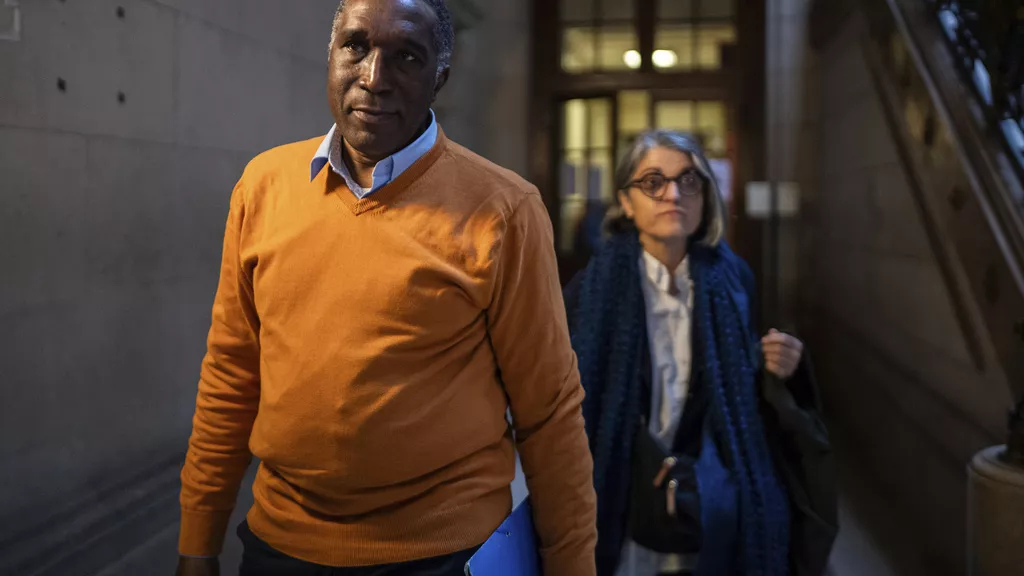Africa
Paris Court Hands Ex-Rwandan Doctor 27-Year Sentence for Genocide Crimes

In a landmark decision, a former Rwandan doctor has been sentenced to 27 years by a Paris court for his involvement in the 1994 genocide. Learn more about the court’s ruling and the pursuit of justice.
On Wednesday, a court in Paris sentenced a former Rwandan doctor to 27 years in prison for his involvement in the 1994 genocide in Rwanda.
Eugène Rwamucyo, aged 65, was convicted of “complicity in genocide,” “complicity in crimes against humanity,” and “conspiracy” to facilitate the commission of these offenses.
He was found not guilty of the charges of “genocide” and “crimes against humanity.”
Rwamucyo has asserted innocence throughout the four-week trial.
Thirty years after the genocide, numerous witnesses journeyed to Paris for a four-week trial. They provided vivid accounts of the atrocities committed in the Butare region where Rwamucyo was present at that time.
This marks the seventh trial in the past decade to be held in Paris concerning the genocide that took place in April 1994. During these massacres, over 800,000 individuals—comprising Rwanda’s minority Tutsis and moderate Hutus who attempted to shield them—were killed by gangs of Hutu extremists with support from both the army and police.
Angélique Uwamahoro, who was 13 years old at the time, stated that she attended court to “seek justice for my people, who died because of their identity.”
She mentioned that she saw Rwamucyo, who was her mother’s doctor, at the site of a massacre in a convent where she and her family had sought refuge. Among those killed were some members of her own family.
READ ALSO: Rwandan Army and Rebel Forces Accused of Shelling Congolese Civilians – Human Rights Watch
After escaping, Uwamahoro recounted encountering Rwamucyo once more at a roadblock in the town of Butare. She heard him urging militiamen to kill Tutsi people, saying, “He wanted to incite them to ensure we didn’t survive.”
Other witnesses reported seeing mass graves and people interring bodies, including groups of prisoners who had been tasked with the work. Some claimed that injured individuals were buried while still alive.
According to the prosecution, Rwamucyo was charged with disseminating anti-Tutsi propaganda and overseeing efforts to inter victims in mass graves.
The ex-doctor claimed that his involvement in the mass burials was solely driven by “hygiene-related” concerns and refuted any allegations of survivors being buried alive.
In 2010, Rwamucyo was apprehended in a suburb north of Paris while he was employed as a doctor at a hospital in northern France.
While he was attending the funeral of Jean Bosco Baravagwiza, regarded as one of the key architects of the genocide, French police officers arrested him. In 2003, Baravagwiza had been convicted by the International Criminal Tribunal for Rwanda.
In December of the previous year, another doctor named Sosthene Munyemana was convicted of genocide, crimes against humanity, and contributing to preparations for a genocide. He received a 24-year prison sentence but has since appealed the verdict.
